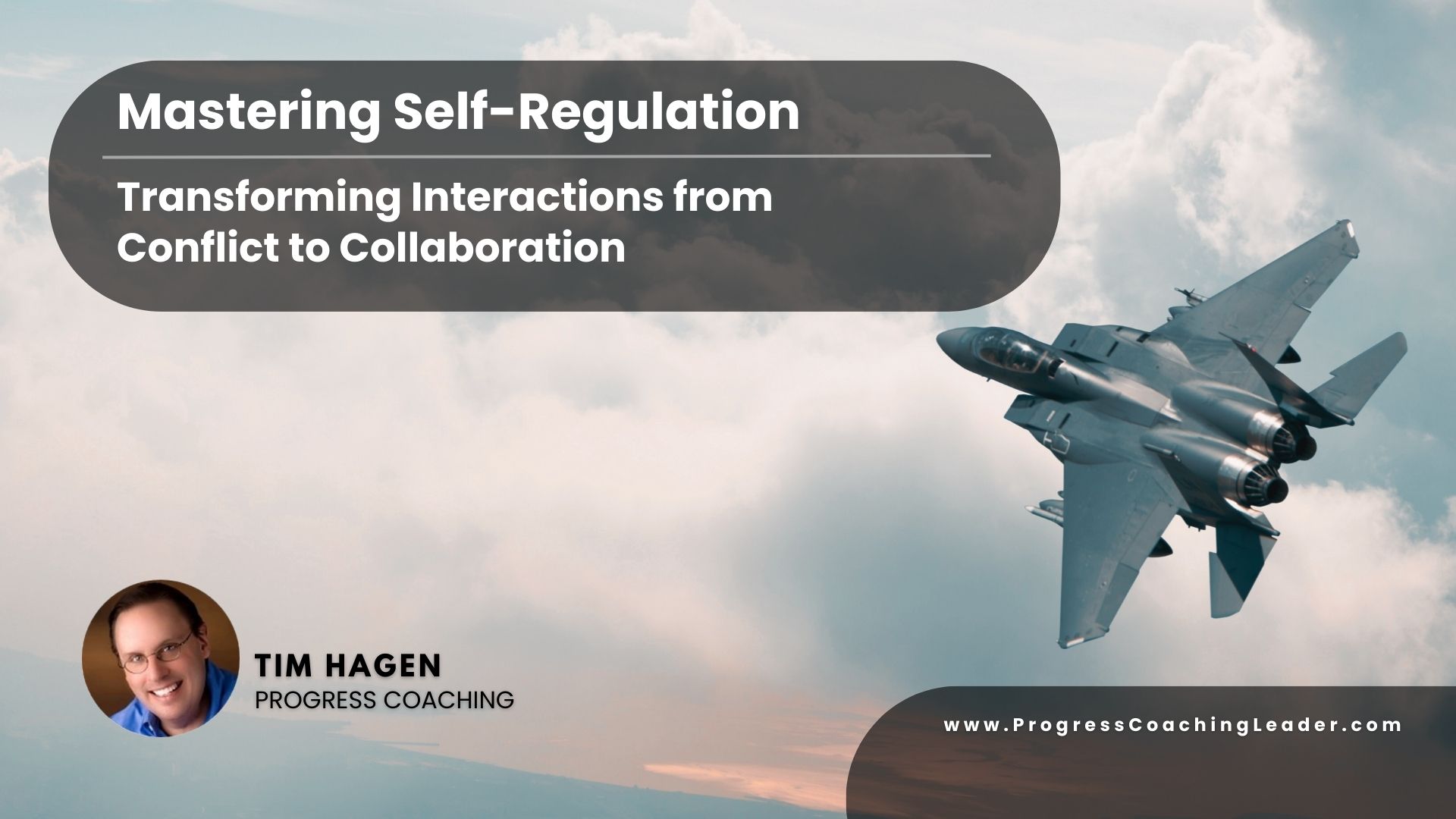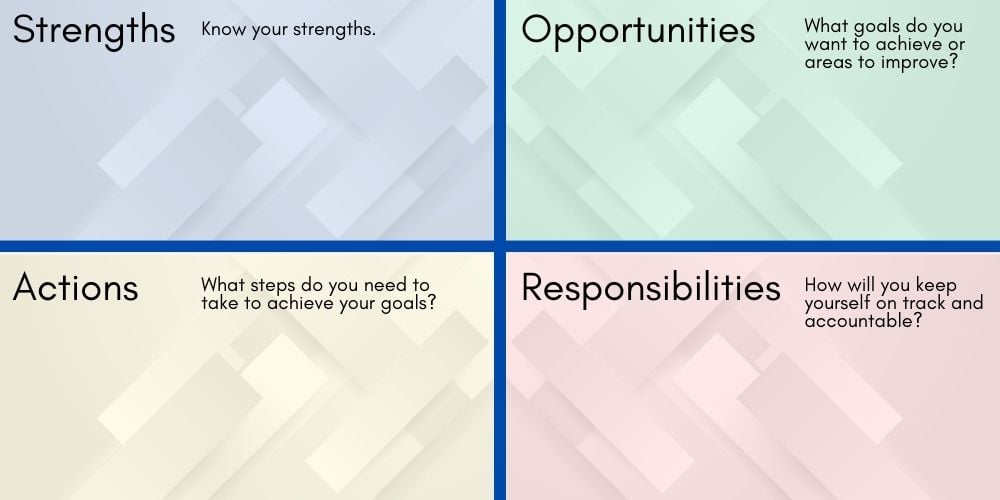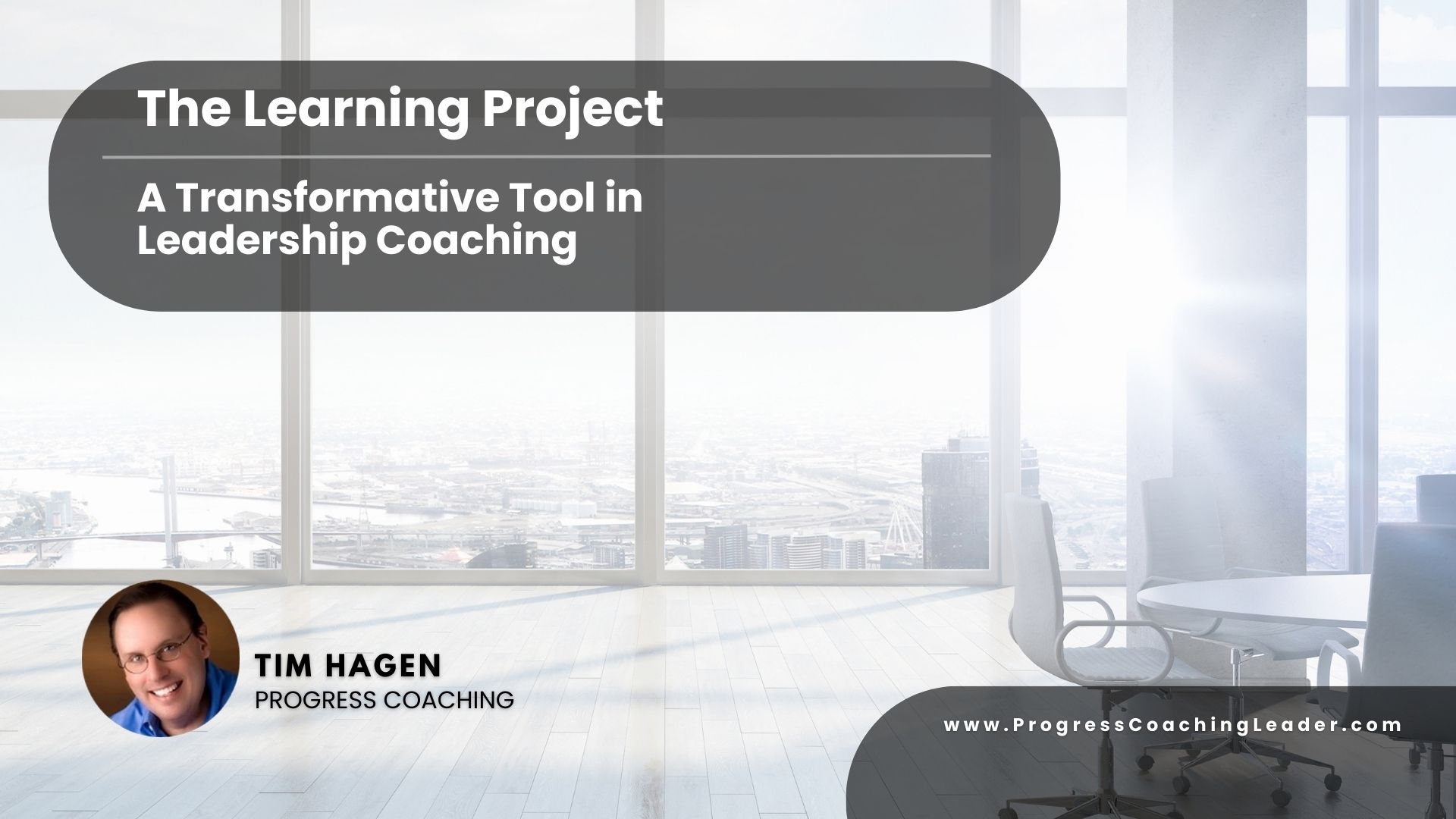
“What do I do when I feel as though my relationship with my coaching candidate is not bringing about the results I’m looking for? I feel as though I’ve been working with them forever but not finding success!”
This is a fairly common question that comes about often from managers that feel as though they’ve tried everything but aren’t making the strides that they had hoped for in their coaching relationship. My response is usually, “Have you evaluated the individual’s engagement in the coaching process?” Most of the time, the answer to that question is no. So how on earth does a manager go about assessing their employee’s engagement in the coaching process? The Dual Coaching Assessment Strategy, of course!
For both parties to find results in the coaching process, they need to be engaged and invested in the employee’s development. Let’s start with the employee. Are their efforts to improve in alignment with their career or position goals? If the individual is “going through the motions” – saying all of the right things, reporting back on Learning Projects and assignments appropriately, and telling you as their manager that they feel like they are improving – but you’re not seeing results, the source of the incongruence is likely that their goals and your coaching focus may not be in alignment. If an employee isn’t engaged in their own improvement in the particular area you are coaching them to because they don’t feel like these improvements feed into their goals for themselves and their ideas of what they aspire to become great at. By using the GOAL assessment in the Dual Coaching Assessment Strategy to find the individual’s motivation, you are taking a huge step that most coaches don’t think to take. Not only is finding the individual’s goals beneficial for the individual themselves, but it will be beneficial to the team and to the company to base your coaching strategy on the source of their motivation. Thus begins the development of a stronger employee-manager relationship.
In evaluating the relationship between manager and employee, how well do you really pay attention to the individual’s strengths? Coaching effectively comes from not only working to improve the areas that you feel need to be improved upon, but also involves the strengths of the person you are coaching. A positive coaching relationship cannot be formed if the only source of feedback is constructive – the formula of that approach simply doesn’t add up. An individual is less likely to engage in the process if they feel that their opportunities to improve are in the spotlight without acknowledgement of what they are great at. There is a balance between the two, which is where the SOAR assessment comes into play. By assessing the employee’s strengths, a manager can work with the employee to leverage those strengths in their strategy for improving the employee’s areas of opportunity to progress.
Coaching is a balancing act. Between keeping the employee engaged in the improvement process, building their opportunities to improve by acknowledging their strengths, finding the results that have been worked so hard for, and even maintaining consistency in penciling coaching into schedules, managers that can balance all of these things tend to find the most success in building a positive coaching relationship with their employees. Establishing a level of trust from the employee comes with both parties understanding the expectations of what each person wants to gain from the coaching experience. Investment in the process is a powerful thing.
Want to learn more about how the Dual Coaching Assessment Strategy can help develop relationships between employees and managers? Click here.



.png)


